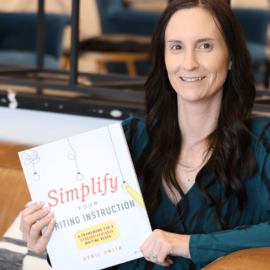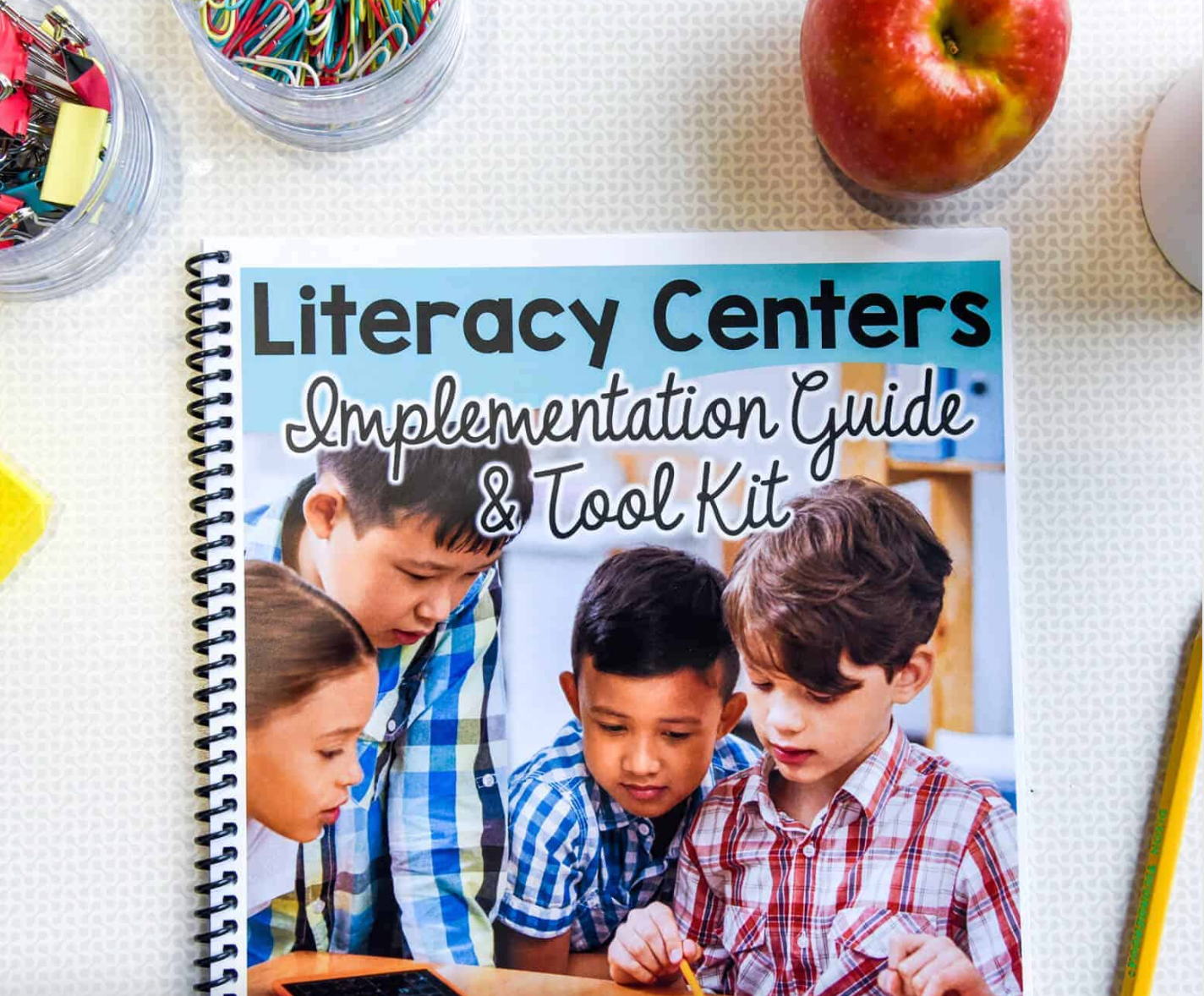I’m always trying to sneak in discussions with my students about financial literacy. It’s grossly under-taught in school, even though it’s the MOST important topic kids (and adults) can learn about!
Below are my recommendations for chapter books that include financial literacy topics. Work these into your regular ELA lessons or plan a financial literacy unit around them!
Disclaimer: Some of the links in this post are affiliate links. You don’t have to purchase them through my links, but if you do, it’s much appreciated!
Lemonade War by Jacqueline Davies
From Amazon: Fourth-grader Evan Treski is people-smart. He’s good at talking with people, even grownups. His younger sister, Jessie, on the other hand, is math-smart, but not especially good with people. So when the siblings’ lemonade stand war begins, there really is no telling who will win, or even if their fight will ever end. Brimming with savvy marketing tips for making money at any business, definitions of business terms, charts, diagrams, and even math problems, this fresh, funny, emotionally charged novel subtly explores how arguments can escalate beyond anyone’s intent.
Lawn Boy by Gary Paulsen
From School Library Journal: Learning the workings of the free-market economy has never been more fun than in this tall tale of entrepreneurship set in Eden Prairie, MN. When the narrator’s grandmother gives him an old rider mower for his 12th birthday, his life changes; he senses “some kind of force behind it.” Almost as soon as he figures out how to run it, the boy is in business—by the second day he has eight jobs. When he mows the lawn of Arnold Howell, an aging hippie e-trader, the cash-poor man offers a stock-market account in lieu of payment. Arnold not only invests the money; he also offers business advice. Soon lawn boy has a partner, 15 employees, a lot of money invested in the market, and a prizefighter. Chapter headings suggest business principles behind what is happening. Throughout the tale, the narrator is innocent of his success as he rises early each morning to begin each job, eats lunch on the mower, and longs for a less-hectic summer vacation. This rags-to-riches success story has colorful characters, a villain, and enough tongue-in-cheek humor to make it an enjoyable selection for the whole family.
Lunch Money by Andrew Clements
From School Library Journal: Sixth-grader Greg Kenton has always had a talent for making money. His latest scheme, creating and selling miniature comic books, looks to be a success. However, problems arise when his classmate and longtime nemesis, Maura, competes with him by making her own mini-stories. Even worse, the principal, who believes that comic books are nasty and violent, bans their sale at school. Clements has created another clever, enterprising young protagonist in Greg, who, like Nick in Frindle (S & S, 1996), also finds inconsistencies in his school’s regulations and works toward change. While his intentions at the beginning are purely entrepreneurial, his outlook on money transforms to the philanthropic as he fights for the right to sell his Chunky Comics to his fellow students. Also, his relationship with Maura takes a new turn as the two enemies pool their talents and find a way to get along. The characters are rich with interesting quirks and motivations, including Mr. Z, a blood-phobic math teacher. Along with providing a fast-paced and humorous story line, the author examines concepts of true wealth, teamwork, community mindedness, and the value of creative expression.
The Short Seller by Elissa Brent Weissman
From Amazon: A twelve-year-old takes on the stock market in this money-minded middle grade novel that Publishers Weekly calls “a smart pick.” It all starts when seventh grader Lindy Sachs is granted one hundred dollars and access to her father’s online trading account as a way to alleviate her boredom while she’s home sick from school. Lindy learns something immediately—she is very, very good at e-trading. Her one hundred dollars soon becomes two hundred dollars. Then four hundred. And more. With trading talent and access to her parents’ savings, the opportunity to make some real dough is too tempting to pass up. In fact, given how well Lindy’s stocks are doing, it would be a disservice to not invest it all…Right?
How Ella Grew and Electric Guitar by Ellen Neuborne
From Amazon: What does a smart, talented 11-year-old girl do when she wants an electric guitar and is told by her parents, “Money doesn’t grow on trees!” She grows the money herself. This is the story of Ella, who when faced with a cash crunch, learns business skills to solve her problem. Ella and her friends, Madison, Jack, and Tyler, have formed a band. But they lack the powerful sound of an electric guitar. Ella’s parents are in no hurry to buy one. Instead, they offer to instruct Ella on ways she can raise the money herself. And so begins the journey of Ella and her friends as they research, start, and run a business venture with a musical goal.







